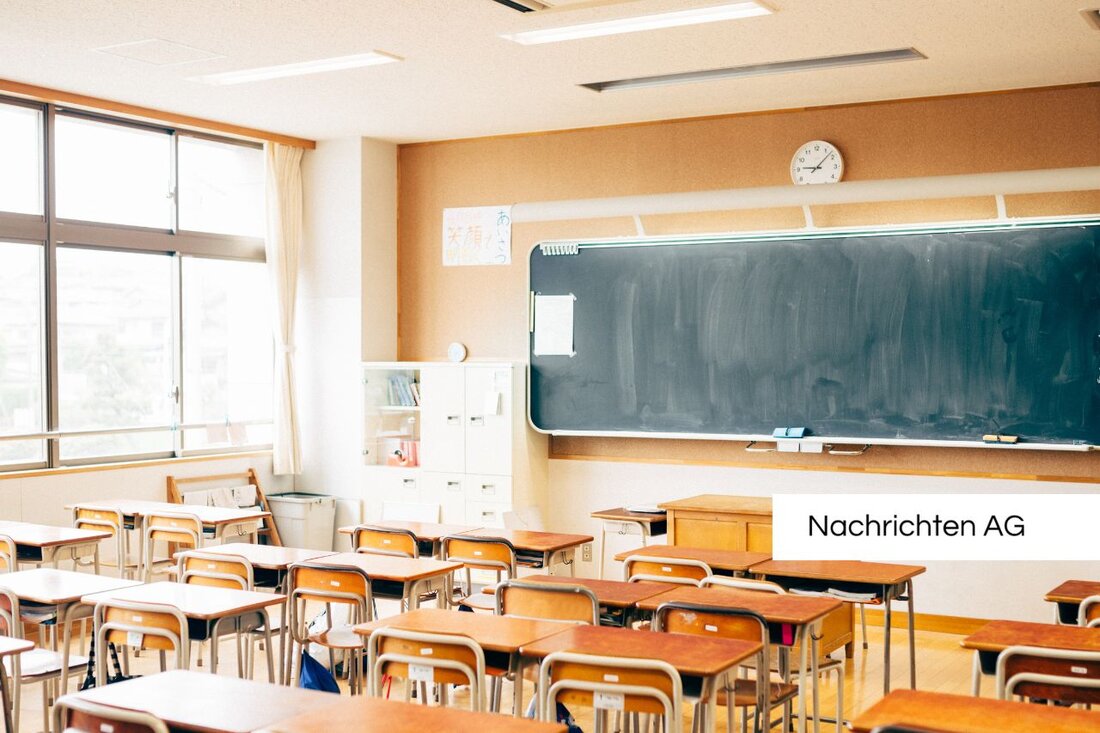Movement for children: Germany invests in healthy future!
Movement for children: Germany invests in healthy future!
Österreich - The Federal Government decided on May 21, 2025 to expand and extend the daily exercise unit in kindergartens and schools. The aim of this initiative is to support the health promotion and holistic development of children and adolescents. Movement is viewed as a central basic need for young people and has positive effects on their physical, mental and social development. Current data show that only about 15 % of girls and 29 % of the boys reach the minimum activity time of 60 minutes recommended by the WHO, which underlines the need for this measure ( OTS , The press ).
From the school year 2024/25, the daily movement unit will be transferred into regular operation from the pilot phase. Over 300,000 children in around 1,500 kindergartens and 2,300 elementary schools take part in over 200,000 additional movement units. This initiative is supported by an increase in financing in government program 2025-2029, which is increased slightly again for the school years 2025/26 and 2026/27. The integration of the sports associations is also reinforced in order to increase the quality and reach of the program ( advantages for the development of children
Sports Secretary of State Michaela Schmidt emphasizes the importance of the daily movement unit for the health of children. Minister of Education Christoph Return also supports the project and emphasizes the advantages of movement, while Federal Minister Claudia Plakolm points out that movement should be part of the everyday life of children and adolescents. Several ministries work together on this goal to promote the integration of movement into the daily life of the young generation. movement can be easily integrated into everyday school life and does not always need access to a gym. On the contrary: it can even contribute to calm and concentration in class. Pupils can be motivated by short breaks that are offered after strenuous teaching units and interrupt long phases of seating. These measures promote not only the movement, but also social interaction in the class ( The press , bzga ).
| Details | |
|---|---|
| Ort | Österreich |
| Quellen | |


Kommentare (0)